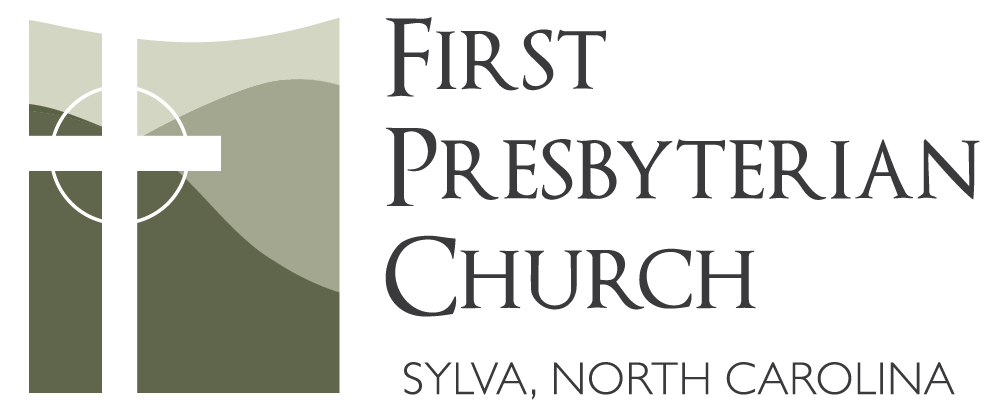This coming Sunday (Dec. 3) marks the end of "ordinary time" and the beginning of "Advent." What in the world does that mean?
For centuries, the church (meaning the whole church, Christians everywhere) has kept time in a unique and particular way. We Christians have our own calendar, distinct from the Roman calendar used throughout Western civilization. This Christian or "liturgical" calendar reminds us of our identity as God's family and attunes us to the rhythms of God's salvation story.
Here is how Shane Claiborne and Jonathan Wilson-Hartgrove explain it:
“If we in church are going to take our citizenship in heaven seriously, we must reshape our minds by marking our calendars differently. We must remember the holidays of the biblical narrative rather than the festivals of the Caesars, and celebrate feast days to remember saints rather than war heroes and presidents. Our inception as a church was on Pentecost, not on July 4... The point is to keep God’s story at the center of our lives and calendar. And it is through the lens of Jesus that we read history and interpret whether an event is good or bad... When we look at the Christian calendar, we are reminded that we are in the world but not of it. We are citizens of the kingdom that transcends time, but we sojourn on a time-bound earth. Without liturgical time, we can easily forget our eternal identity. We can get lost in the hustle and bustle of business and efficiency that shapes our culture and society. Likewise, without the cosmic calendar, we can become so heaven-bound that we ignore the hells of the world around us. And the glorious goal we are headed toward is not just going up when we die but bringing God’s kingdom down - on earth as it is in heaven.”
As a pastor, I don't consider myself a high-church traditionalist (for example, I don't regularly wear a robe and colored stoles and preach through the Revised Common Lectionary). But I do believe deeply in the church calendar as a tool that that grounds us in the truth of the Gospel and unites us to all Christians everywhere. I very much agree with what Lauren Winner writes:
“I want the Christian story to shape everything I do, even how I reckon time. I want it to be truer and more essential to me than school’s calendar, or Hallmark’s calendar, or the calendar set by the IRS. I want the rhythms of Advent, Christmas, Epiphany, Lent, Easter, Pentecost to be more basic to my life than the days on which my quarterly estimated taxes are due.”
So you will notice the church calendar being referenced this time of year at First Presbyterian Church. The songs and anthems will all reflect the Advent season (and notice, it's not the Christmas season - that comes on Dec. 25!). The banner and parament colors will change to purple as a reminder of the royal birth of King Jesus. The Advent wreath will be lit each week as a reminder of the light Christ brings. I will be preaching through the assigned lectionary Bible texts to help us remember Israel's hope for the long-awaited Messiah. None of this is for the sake of rote traditionalism. We don't do it because it's what we have to do to be good Christians. Rather, we do it for the sake of a lived faith, learning from those who have gone before us so that we might worship the Lord with gladness today. I hope you'll join us during this beautiful time in the life of the church, so that all of us may be shaped by the Spirit in rhythms of grace.
- Blake
P.S. - Looking for more resources on this topic? Check these out:
- Robert Webber, Ancient-Future Time: Forming Spirituality Through the Christian Year
- Shane Claiborne & Jonathan Wilson-Hartgrove, Common Prayer: A Liturgy for Ordinary Radicals
- Bobby Gross, Living the Christian Year: Time to Inhabit the Story of God
- The Calvin Institute for Christian Worship, especially their resource The Worship Sourcebook (edited by John Witvliet)
- What in the World is Worship?, a document I put together to explain our services at FPC


